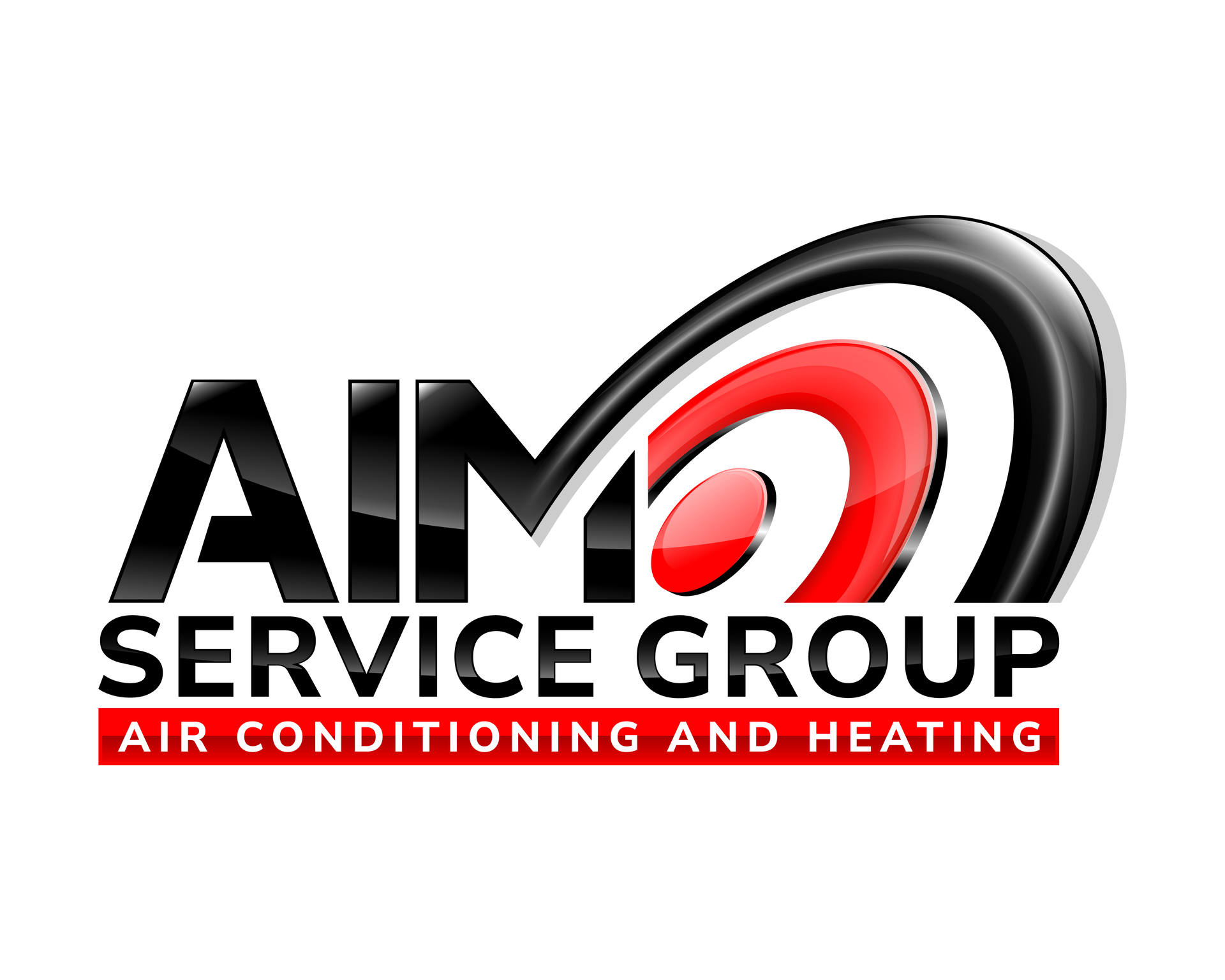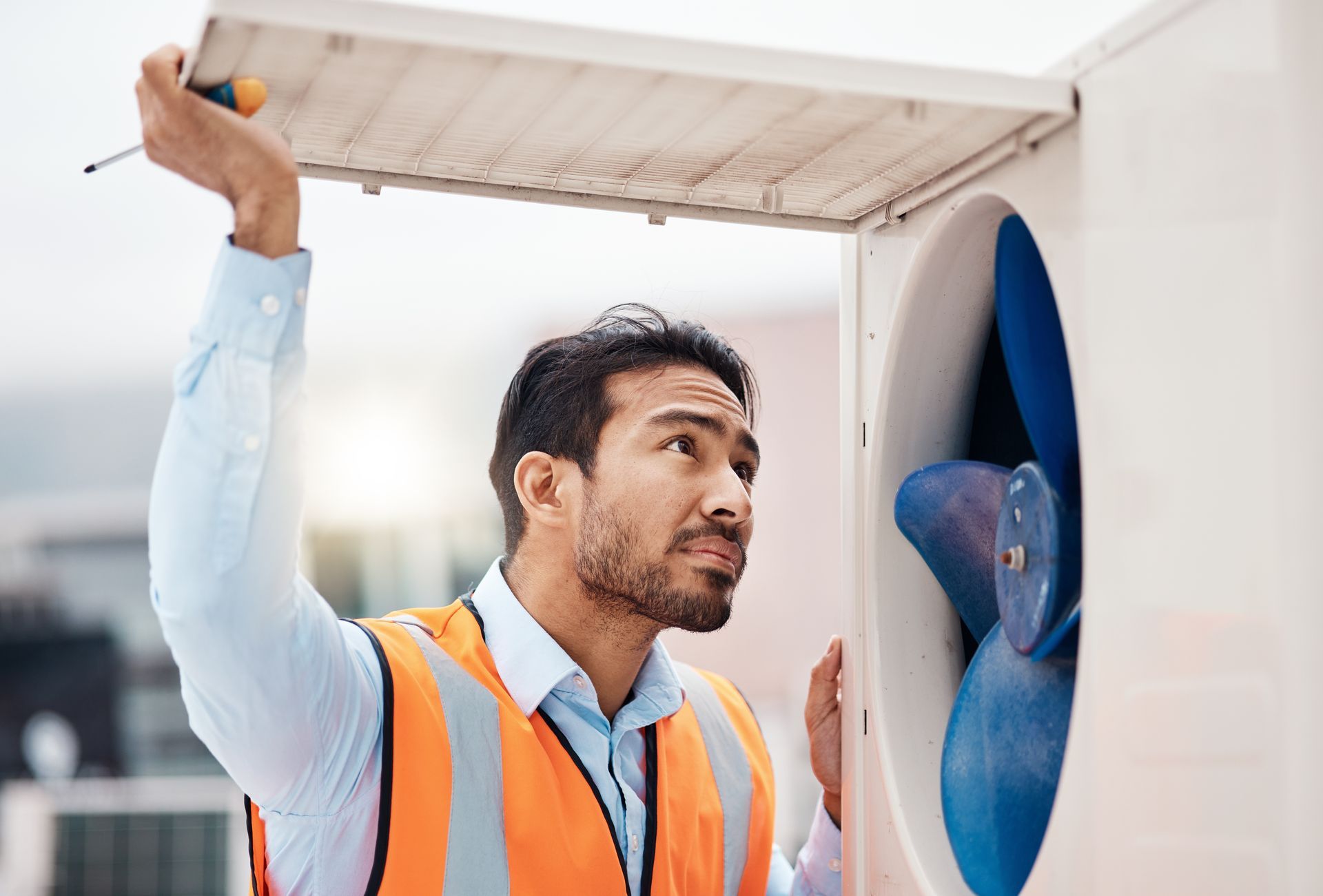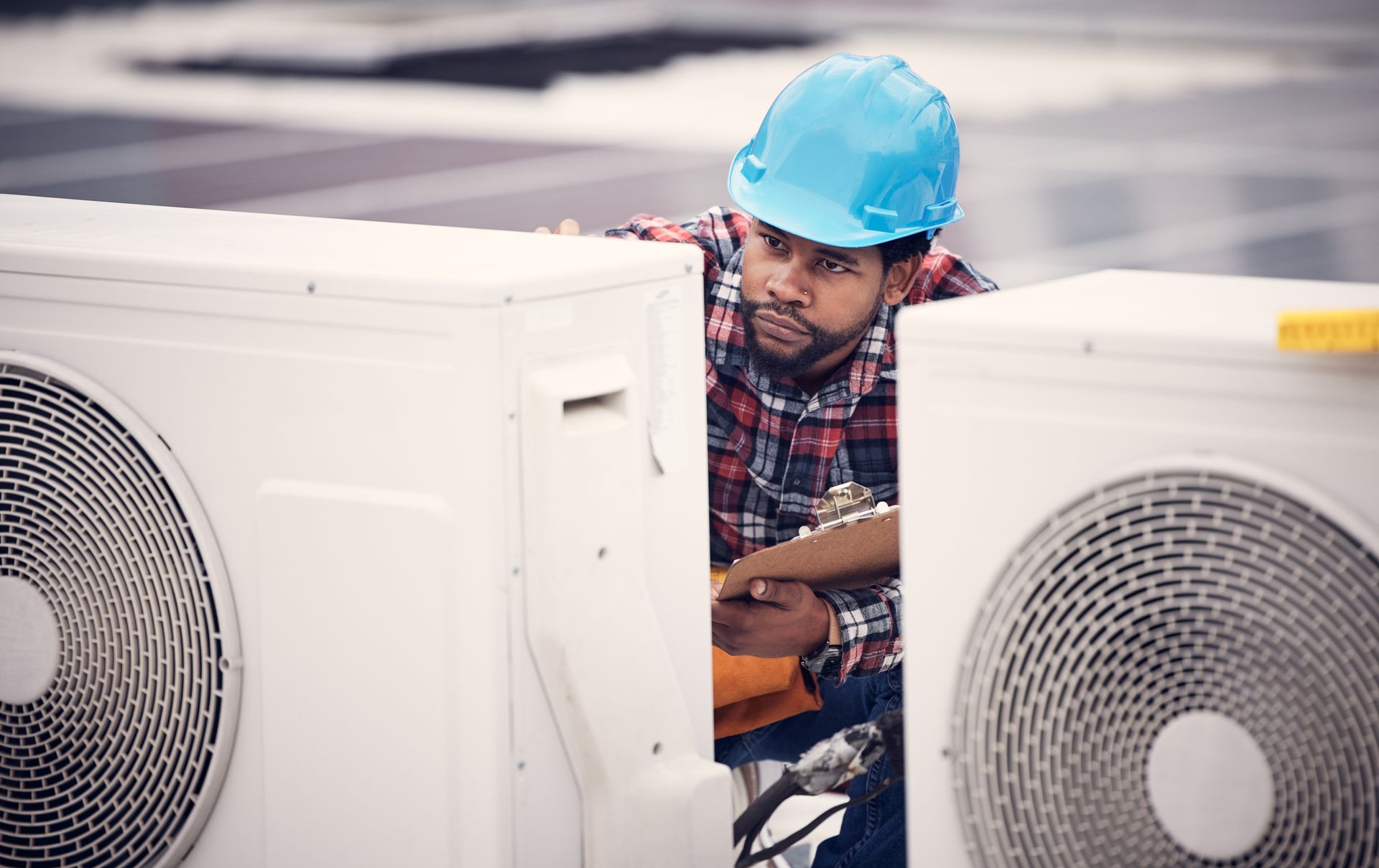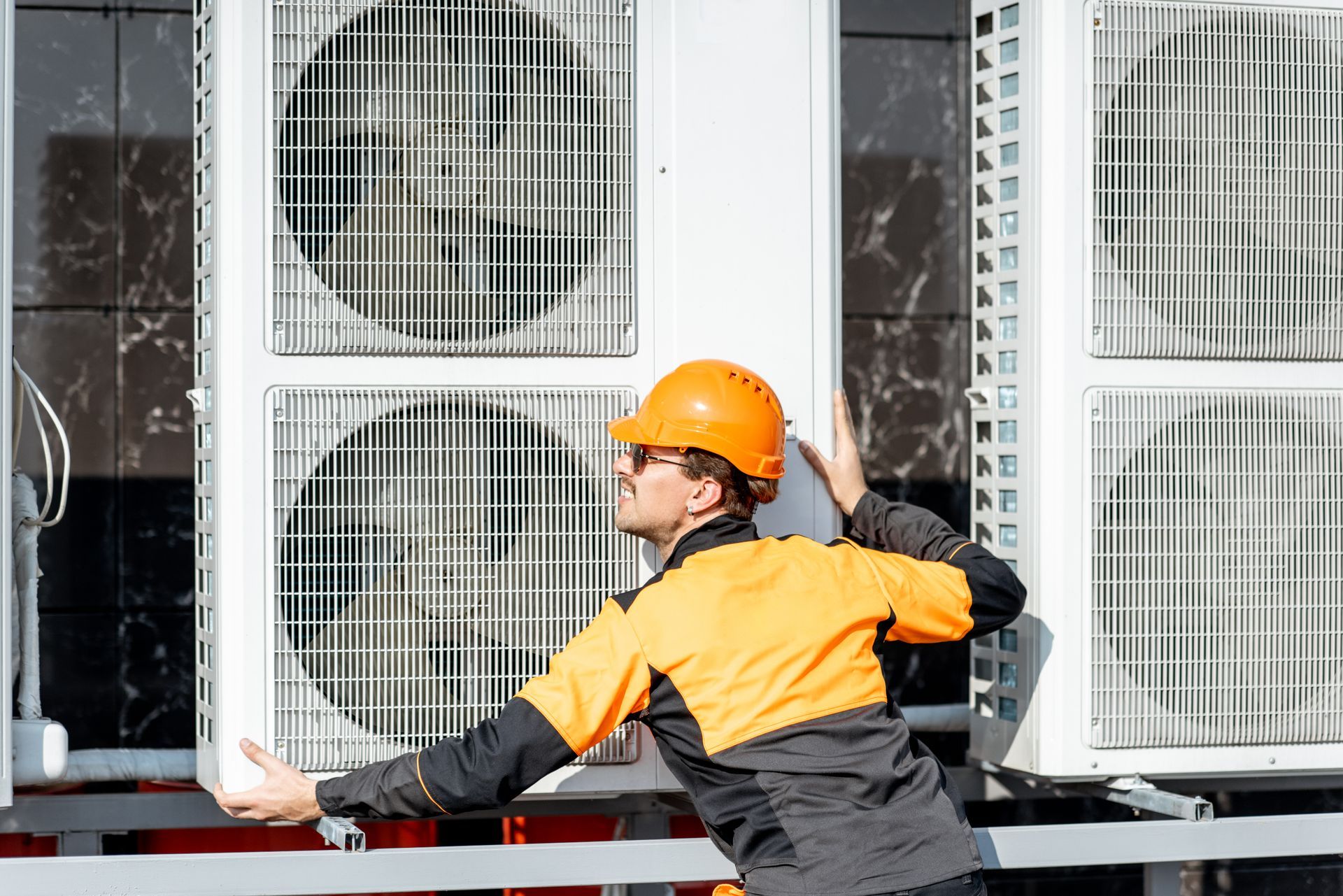Top Signs of a Failing HVAC
One of the essential comforts we often overlook is our HVAC system. It dutifully keeps us warm in winter and cool during summer's scorching heat. Yet, what do we do when it starts malfunctioning? Moreover, how can we detect its deterioration before it becomes a significant issue?
Let’s delve into the top indicators signaling a failing HVAC unit, exploring whether DIY solutions suffice or if it's time to enlist expert assistance. Undoubtedly, especially on the most extreme weather days, living without a properly functioning HVAC system is far from desirable. Here are some signs of a failing HVAC to pay attention to:
Blowing Hot Air. Imagine a sweltering summer day; instead of relief, your AC blasts even hotter air. This unwelcome development signals potential HVAC troubles. Several culprits may be at play:
- Thermostat glitches: Often, thermostat issues can mimic HVAC issues.
- Low battery levels: Weak airflow could result from low thermostat battery levels or erroneous temperature readings due to improper thermostat placement.
- Freon depletion: Aging HVAC systems might require refrigerant refills to perform optimally.
- Compressor damage: A damaged compressor can hinder the cooling process.
- Coolant leakage: Leaking coolant poses urgent problems and necessitates professional intervention.
Airflow Limitations. Weak airflow from furnace or other vents indicates potential concerns, though some remedies can be attempted independently:
- Clogged air filters: Regularly check and replace clogged air filters to ensure proper airflow.
- Open vents and registers: Ensure all vents are open to assess airflow distribution.
- Duct leaks: Seal any duct leaks with aluminum foil tape as a temporary fix, but seek professional help for a permanent solution.
Persistent airflow issues despite DIY efforts may point to deeper compressor problems, mandating professional attention from trusted experts who specialize in quality craftsmanship.
Unusual Noises. An HVAC system emitting strange noises demands prompt attention. Rattling, buzzing, hissing, or squealing sounds warrant investigation by a professional to prevent potential system failure.
Rising Utility Bills. Escalating utility bills without an apparent cause could stem from HVAC inefficiencies, necessitating professional inspection to mitigate future costs.
HVAC Smells Musty. Turning on your HVAC and smelling a dirty sock smell could indicate mold or bacteria growth in your system due to moisture. You’ll want a trusted professional to seek out the root cause of this issue.
HVAC Age. The age of your HVAC system can be a significant indicator of potential HVAC failure. As HVAC systems age, they undergo wear and tear, leading to various components deteriorating over time. Here are some ways in which the HVAC age may indicate potential failure:
- Decreased Efficiency: As HVAC systems age, they often become less efficient in heating or cooling your home. This inefficiency can result from worn-out components, reduced energy efficiency due to outdated technology, or accumulated dust and dirt over the years.
- Increased Frequency of Repairs: Older HVAC systems typically require more frequent repairs as their components wear out or become damaged. If you constantly need to repair your HVAC system, especially as it ages, it may be a sign that it is nearing the end of its lifespan.
- Higher Energy Bills: As HVAC systems age, they exhibit reduced energy efficiency compared to newer models. This decline in efficiency occurs as system components degrade over time, requiring the system to exert greater effort to sustain the desired indoor temperature. Consequently, this heightened workload often increases energy consumption and higher utility bills.
- Obsolete Technology: As technology advances, newer HVAC systems incorporate more energy-efficient features and better performance capabilities. Older HVAC systems may lack these advancements, making them less effective at heating or cooling your home than newer models.
Frequent Cycling On and Off: Frequent cycling of your HVAC system, which repeatedly turns on and off, could indicate the system's difficulty in maintaining the desired indoor temperature. This frequent cycling can stress the system's components more, hastening their deterioration and leading to potential failure.
Visible Signs of Wear and Tear: Aging HVAC systems might exhibit signs of wear and tear, such as rust, corrosion, or cracks in various components. These physical indicators suggest that the system has been in use for an extended period and may be more prone to failure.
Manufacturer's Estimated Lifespan: Most HVAC manufacturers provide an estimated lifespan for their systems, typically 10 to 15 years, depending on usage and maintenance. If your HVAC system is approaching or exceeding the manufacturer's estimated lifespan, it may be more susceptible to failure.
Overall, while the age of your HVAC system alone may not guarantee imminent failure, it is an essential factor to consider when evaluating the system's reliability and potential need for replacement or significant repairs. Consistent maintenance and timely upgrades are essential for prolonging the lifespan of your HVAC system and reducing the likelihood of unexpected failures.
Recognizing these signs of HVAC deterioration empowers homeowners to take proactive measures, ensuring uninterrupted comfort and efficiency in their living spaces. Whether troubleshooting minor issues or seeking professional intervention, contact us today!





